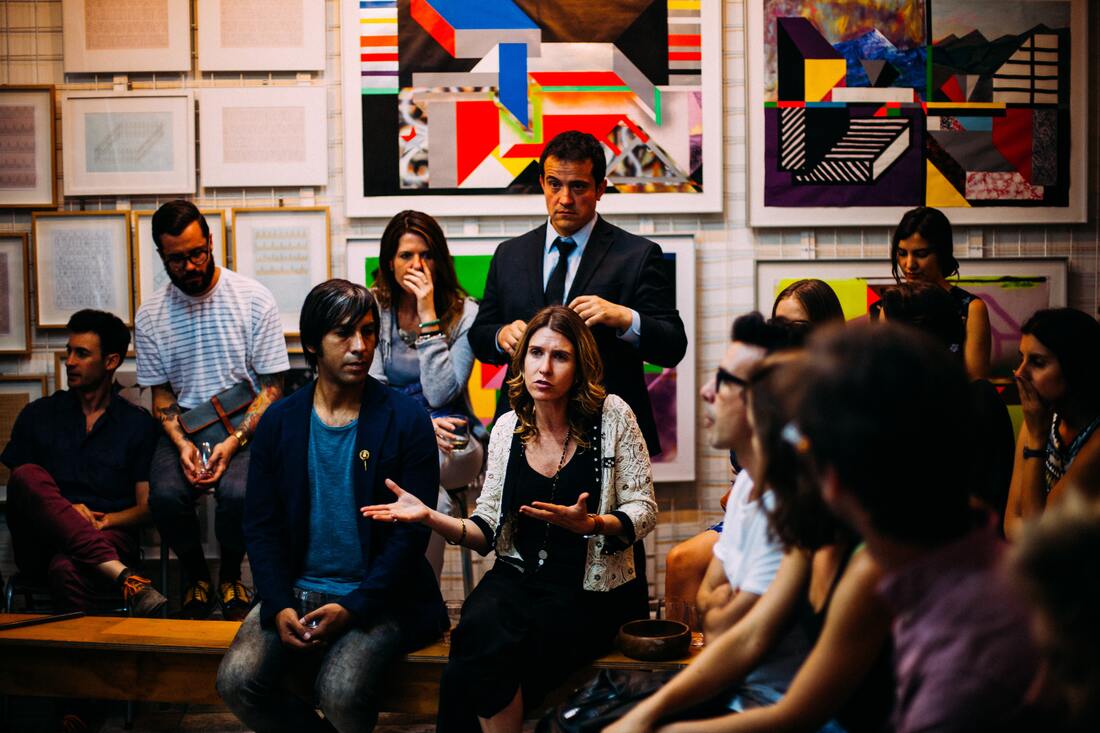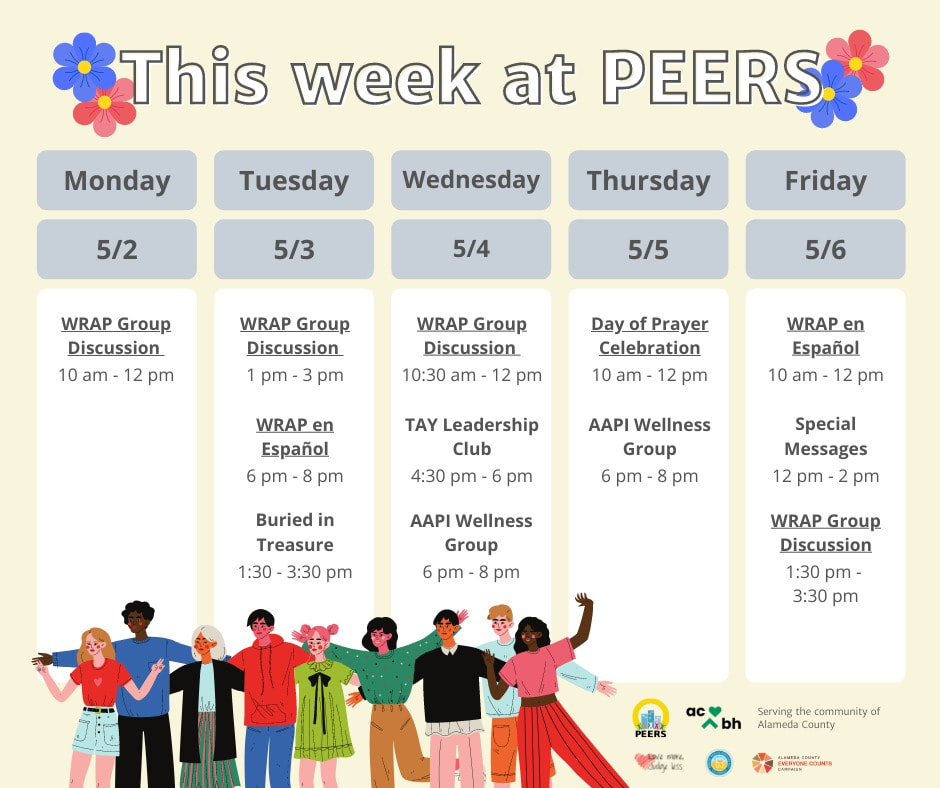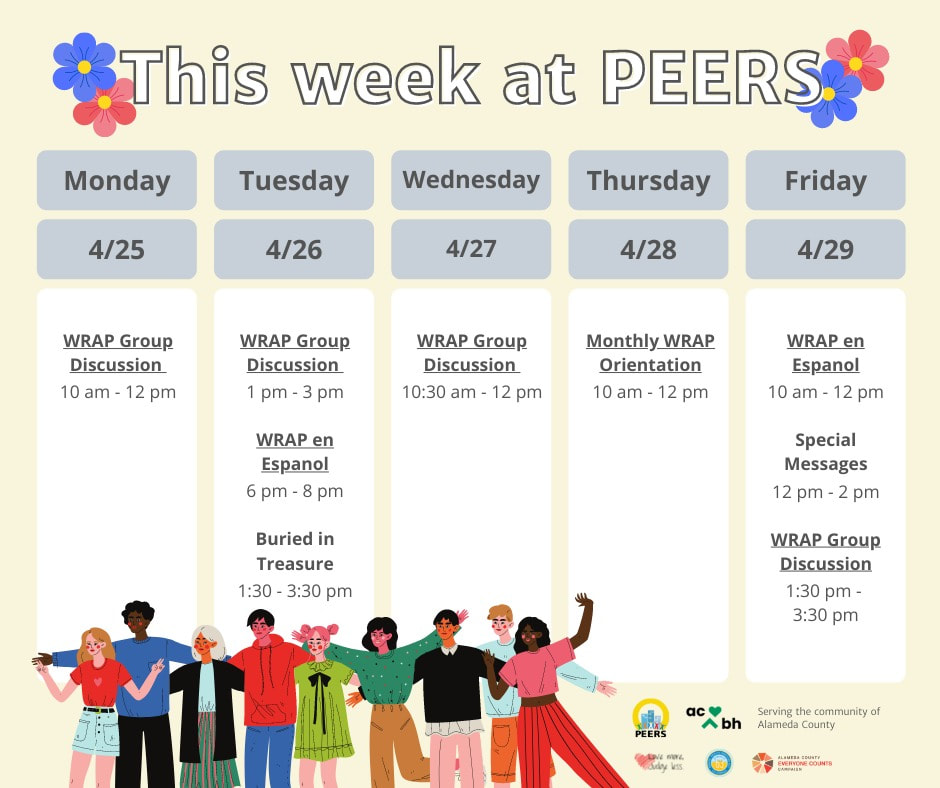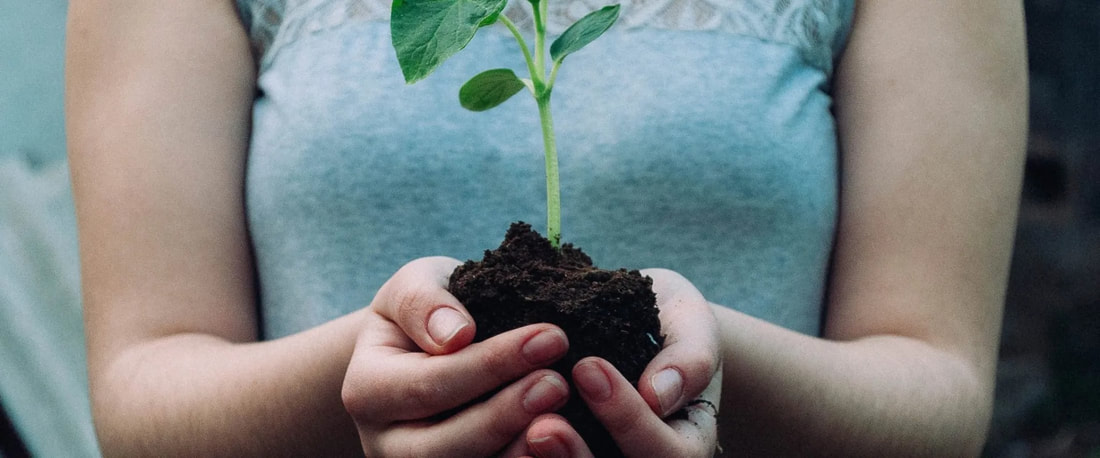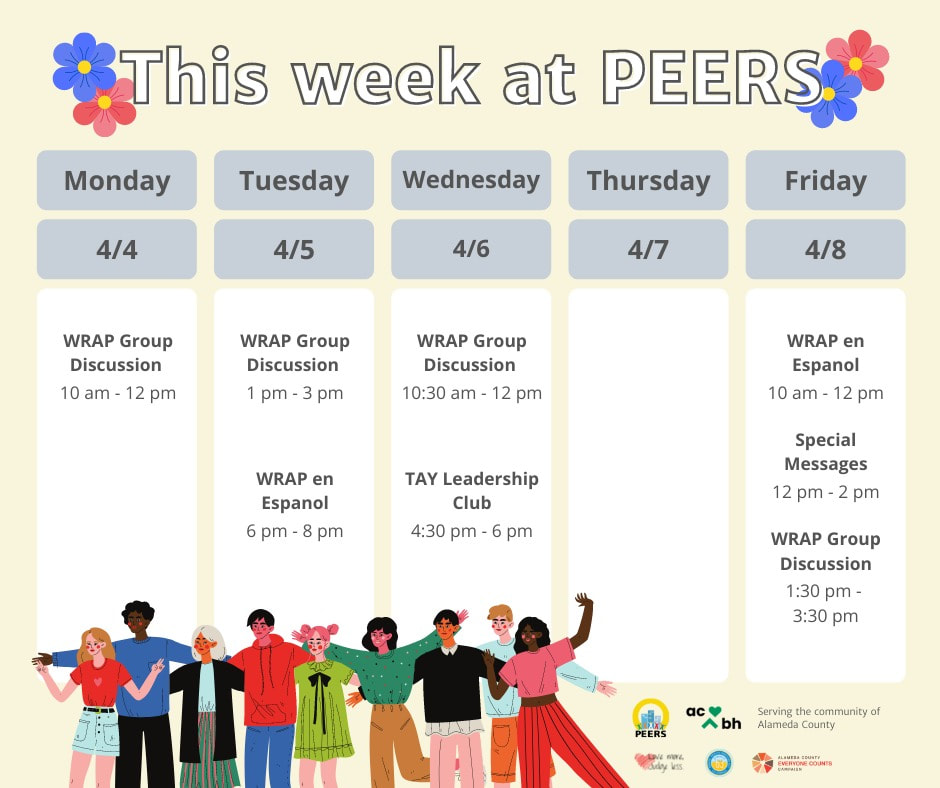|
Good news for WRAP practitioners and aspiring facilitators. WRAP group discussions and orientations are returning to PEERS this month! Keep reading to learn all you need to know about when and how the program will return.
3 Comments
By Alejandro Ramos
Let's talk about peer support. Peer support is a powerful but often overlooked approach for mental health support and recovery. It involves evidence-based practices that provide alternatives for folks that have been maligned by mental health support rooted in the medical model. That's why we want to share a little bit about peer support and give you an introduction into how it works. By the end of this post, you'll be more informed on the matter and hopefully consider exploring it further as a way to find support. What is a peer support group? A peer support group is one made up of peers, or individuals that share similar experiences with a particular challenge or circumstance. Here at PEERS, for example, our groups are made of peers that have lived mental health experiences or have a loved one with lived mental health experiences. These groups meet regularly to talk through events, share tips, and support one another. How can peer support help me? Peer support can be very effective in helping you improve your quality of life. Peer support has been shown to increase hope and self-esteem in participants. Additionally, participating in peer support groups can reduce reliance on formal medical services, which means less time in hospitals and lower costs. Finally, peer support can help you feel supported and included since your peers will share similar experiences to yours. Which challenges can peer support groups address? Peer support groups can address a variety of different topics, including but not limited to:
How can I find a peer support group? There are a couple of ways to find a peer support group that best fits you. You could start by reaching out to your primary care or mental health care provider. Health fairs are also a great way to find out about peer support organizations. You can meet their staff in person, ask them questions, and learn about their offerings. Lastly, you can also try using a search engine like Google to find a support group. Just type in “peer support groups near me” or “peer support groups in (insert your city here)”. Final Thoughts Hopefully, this helped answer some of your questions and dispel any doubts you had regarding support groups. They can be super helpful and impactful for anyone embarking on a recovery journey. If you think you’re ready but still need a little more help, we can help. Just send us a quick email at [email protected] or give us a call at (510) 832-7337. We’re more than happy to answer more of your questions and help you get started with finding support. By Alejandro Ramos
The new 988 Suicide & Crisis Lifeline launched nationwide last week. It’s a newer, sleeker version of the Suicide Prevention Lifeline. It has a shortened number - just 988 - and added services like text and online chat. The goal is to make it easier for folks to reach crisis support by making the lifeline more accessible and recognizable. In May 2008, due to the visionary work of author and advocate Bebe Moore Campbell, the U.S. Congress passed a resolution declaring July as Minority Mental Health Month.
In recent years, the Black Emotional and Mental Health Collective (BEAM) has created a new way of envisioning the month, through the lens of intersectionality - Mental Health Liberation Month. BEAM defines Mental Health Liberation Month as “A month where we center liberation with a vision of ending ableism, sanism, racism, transphobia, and all oppression within mental health care. Mental Health Liberation Month expands mental health beyond just talk therapy and medication, naming that dismantling the prison-industrial complex, affirming our diverse wellness practices, access to clean water, healthy food, economic resources, and much more is critical to our mental health.” Yolo Akili, Founder and CEO of BEAM, explained the reframe in an interview with ETR: “While we will always uplift the labor it took to get Minority Mental Health Month recognized by the late brilliant Bebe Moore Campbell, we wanted to shift the theme of the month away from the tokenism it has become and center liberation, something that benefits all communities and gets us to broaden our vision of what is possible.” Akili added, “Mental health liberation is about our most bold, radical vision for mental health in this country and what we can do every day to get closer to that dream. Health is one thing; liberation, which includes and expands beyond health, is another.” Below are a few opportunities to celebrate, make connections, and uplift Mental Health Liberation Month, in July and all year long. Wednesday, July 20: HeartSpace BEAM is hosting a “virtual, Black-only peer support and wellness discussion space. Connect. Meditate. Learn. Share.” To register: https://www.eventbrite.com/e/heart-space-tickets-265182025577 Thursday, July 21: Human Rights and Social Justice Framework for Suicide Prevention, Intervention, Postvention Hosted by Twelve6 Strategies, Inc., this hybrid 1-day summit will be unpacking suicidality, suicide "prevention," “intervention”, and “postvention” critically thinking about suicide from a non-pathological, anti-carceral, Disability Justice framework. We invite you to join us for a solution focused day with three nationally known speakers Ebony Clark, Lacy Dicharry, and Canada Taylor Parker. Register here: https://forms.gle/zxa45kU32eysPbfM7 Saturday, July 23rd, 2022: Take Space, Breathe, Retreat: A Half Day Meditation Retreat for BIPOC, with Lama Rod Owens Retreats play an important role in deepening our individual practice. They create a unique opportunity to step out of our daily routines to reconnect and care for our innermost selves. Scholarship options available. To register: https://rod-owens.mykajabi.com/half-day-BIPOC-retreat-summer%202022 Resources for further exploration:
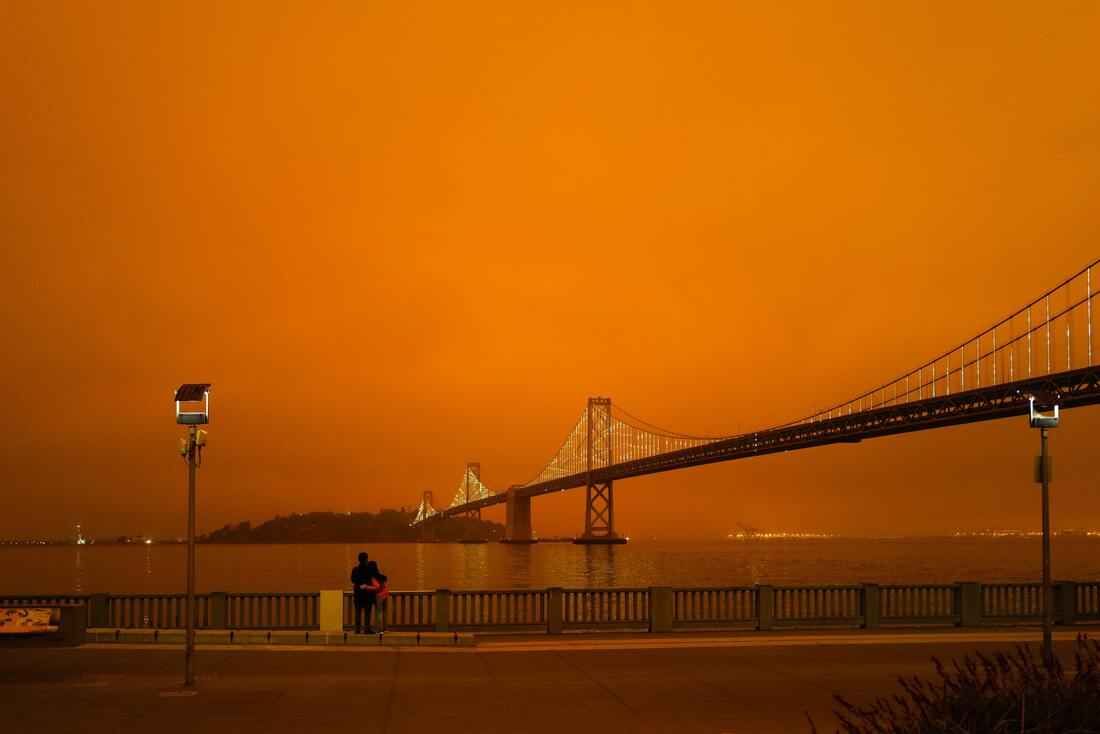 A couple looks at the Bay Bridge as wildfire smoke turns the sky orange, September 2020. (Photo by Thom Milkovic on Unsplash) By Leah Harris It is widely known that the extreme heat being driven by climate change is impacting mental health and well-being in a variety of ways. Climate change is understood to worsen depression, anxiety, and can lead to a higher incidence of extreme states/psychosis. Research has shown an increase in distress, suicidality, aggression against others, and visits to emergency departments as the temperature rises. The most vulnerable and marginalized communities including unhoused neighbors, people living in environments long-impacted by racist urban planning policies, as well as those who must work outdoors, are at greatest risk. In addition, extreme heat can increase health risks of people taking medications for mental health conditions, in the form of thermoregulation challenges, or the body’s ability to regulate temperature. For example, selective serotonin reuptake inhibitor (SSRI) antidepressants may cause increased sweating, which can hasten dehydration. Neuroleptic, or antipsychotic medications can lead to hyperthermia, or increased body heat, at the same time that they decrease sensations of thirst. It’s vital to educate ourselves and others on how these medications act on the body during periods of extreme heat, and steps to take to recognize and prevent heatstroke and other dangers. Various individual coping strategies have been recommended to counter the negative mental health impacts of climate change, such as meditation and mindfulness. But the scale of the problem is such that individualistic suggestions are unlikely to make much of a mental health difference in the long term. “Coping skills are always valuable, but what we ultimately need are more adaptive and resilient systems that help shield everyone from the physical, emotional, and psychological toll of extreme heat,” writes Rebecca Ruiz in Mashable. Here are a few collectively-minded strategies for working with the mental health impacts of climate change and focusing on actions that are within your control.
Resources for further exploration:
Leah Harris is a non-binary, queer, neurodivergent, disabled Jewish writer, facilitator, and organizer working in the service of truth-telling, justice-doing, and liberation. They’ve had work published in the New York Times, CNN, and Pacific Standard. You can learn more about their work at their website and follow them on Instagram.
By Leah Harris
It’s Mental Health Awareness month again, and there are nearly unlimited ways to participate, learn, and lift your voice. This year, we’re highlighting some East Bay and California-based events that you won’t want to miss, with both in-person and virtual options to learn, celebrate, and connect. We wish you a most inspiring and energizing Mental Health Awareness Month 2022! Here’s what we have lined up this week for you here at PEERS. If you have any questions, feel free to reach out to us at [email protected].
Here’s what we have lined up this week for you here at PEERS. If you have any questions, feel free to reach out to us at [email protected].
By Leah Harris
In honor of Earth Day this April 23, we’re taking a closer look at the mental health benefits of digging in the dirt. The microbes contained in soil have been found to have antidepressant and stress-relieving properties. And a growing body of research supports gardening as a vital personal and community wellness activity. |
|
Vertical Divider
subscribeSign up to our email list to receive our weekly newsletter and stay up to date on our programs and workshops!
|
About usPEERS’ mission is to build a diverse community of people with mental health experiences who provide culturally responsive, peer-based wellness strategies and work together to eliminate stigma and discrimination.
We are supported by: contact |
© Peers Envisioning and Engaging in Recovery Services. All rights reserved.

